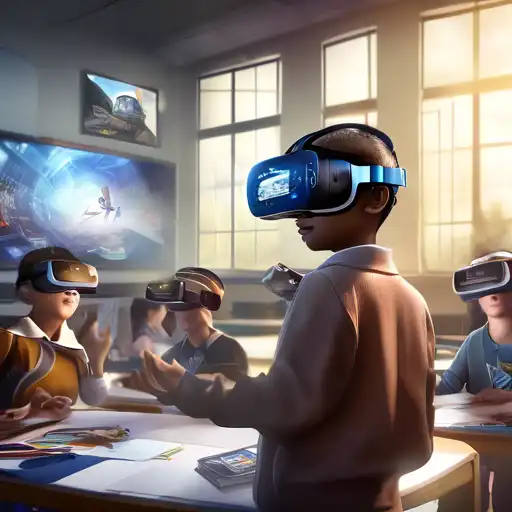Revolutionizing Learning: The Impact of Virtual Reality in Education
Virtual Reality (VR) is transforming the educational landscape, offering immersive learning experiences that were once unimaginable. This technology is not just a tool for entertainment but a powerful educational instrument that can enhance understanding, retention, and engagement among students of all ages.
The Benefits of VR in Education
VR in education brings numerous benefits, including:
- Enhanced Engagement: VR captivates students' attention like no other medium, making learning more interactive and enjoyable.
- Improved Retention: Immersive experiences help in better retention of information by engaging multiple senses.
- Accessible Learning: VR can simulate environments and scenarios that are otherwise inaccessible to students, such as historical events or distant planets.
- Safe Practice: It provides a safe environment for practicing skills, from surgical procedures to mechanical repairs.
Implementing VR in Classrooms
Integrating VR into educational settings requires careful planning and consideration. Schools and institutions must invest in the right hardware and software, train educators to effectively use VR tools, and develop curriculum that leverages VR's strengths. Despite the initial costs, the long-term benefits of VR in education can outweigh the expenses, offering students unparalleled learning opportunities.
Challenges and Considerations
While VR holds great promise, there are challenges to its widespread adoption in education. These include the high cost of VR equipment, the need for technical support, and concerns about screen time and health effects. Addressing these challenges is crucial for maximizing VR's potential in educational settings.
The Future of VR in Education
The future of VR in education is bright, with advancements in technology making VR more accessible and affordable. As VR continues to evolve, it will play an increasingly significant role in shaping the future of education, offering students immersive, interactive, and personalized learning experiences.
For more insights into innovative learning technologies, explore our EdTech Trends section.
Virtual Reality is not just changing the way we learn; it's redefining the possibilities of education. By embracing VR, educators can provide students with a dynamic and engaging learning environment that prepares them for the future.
